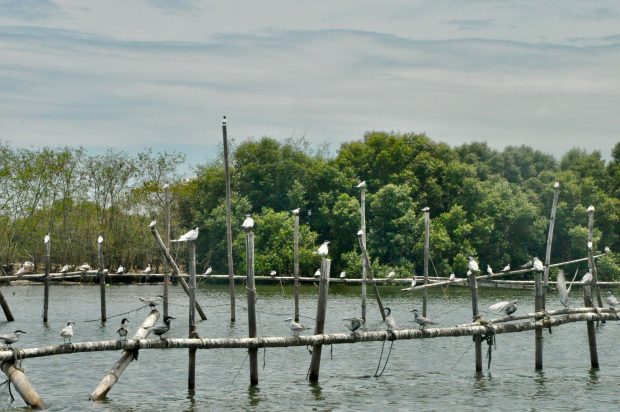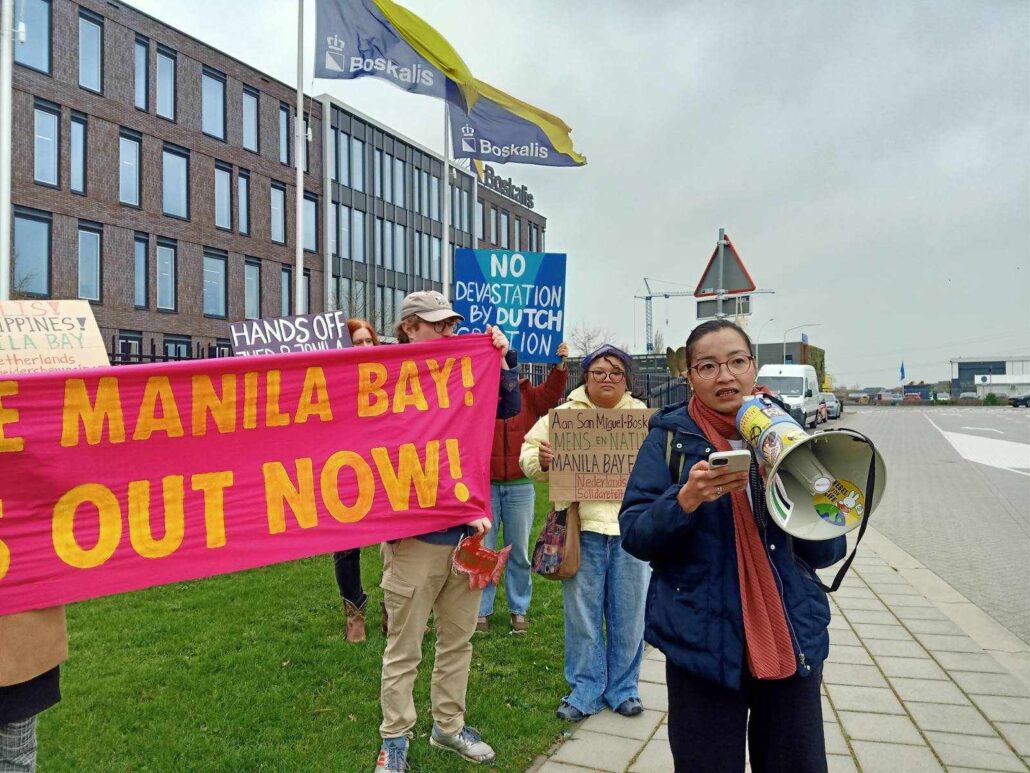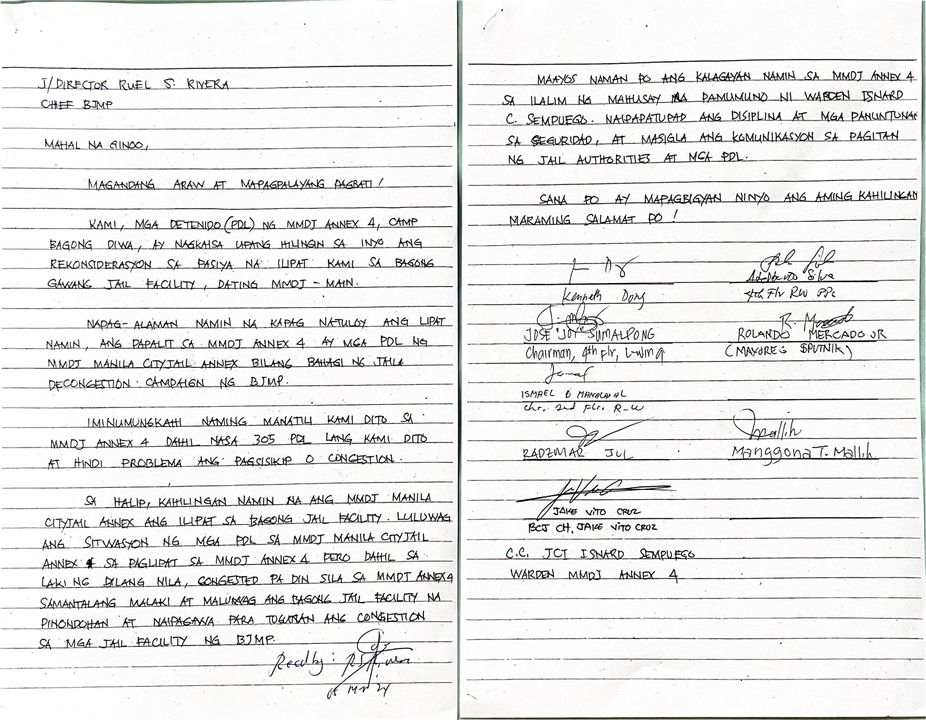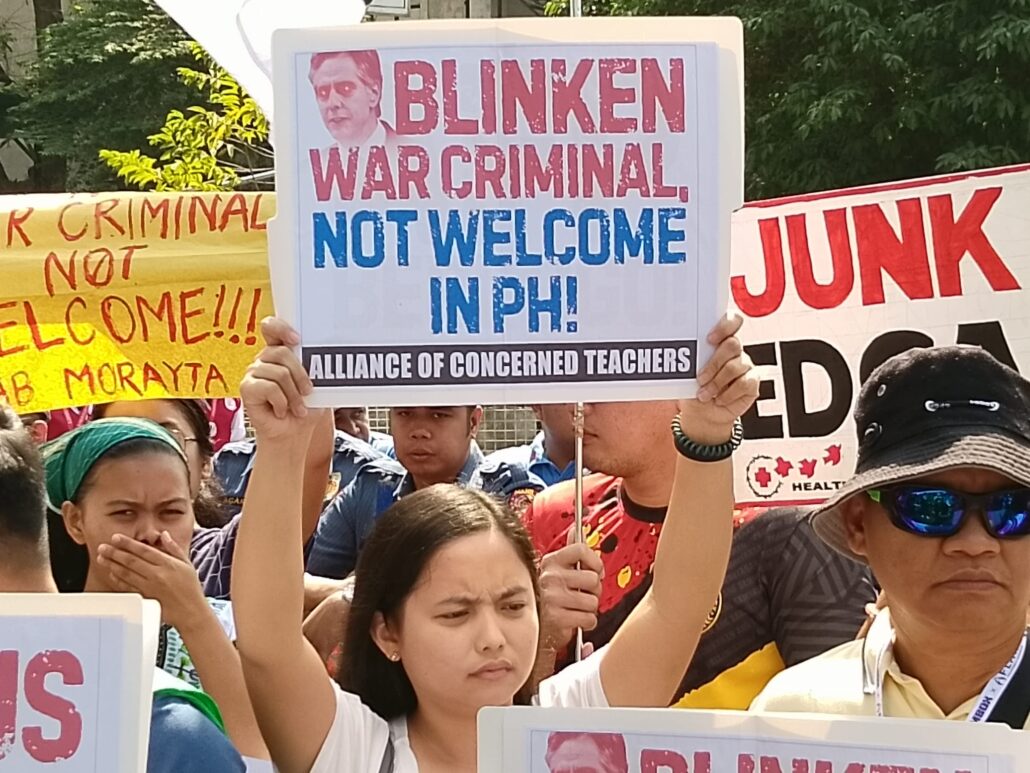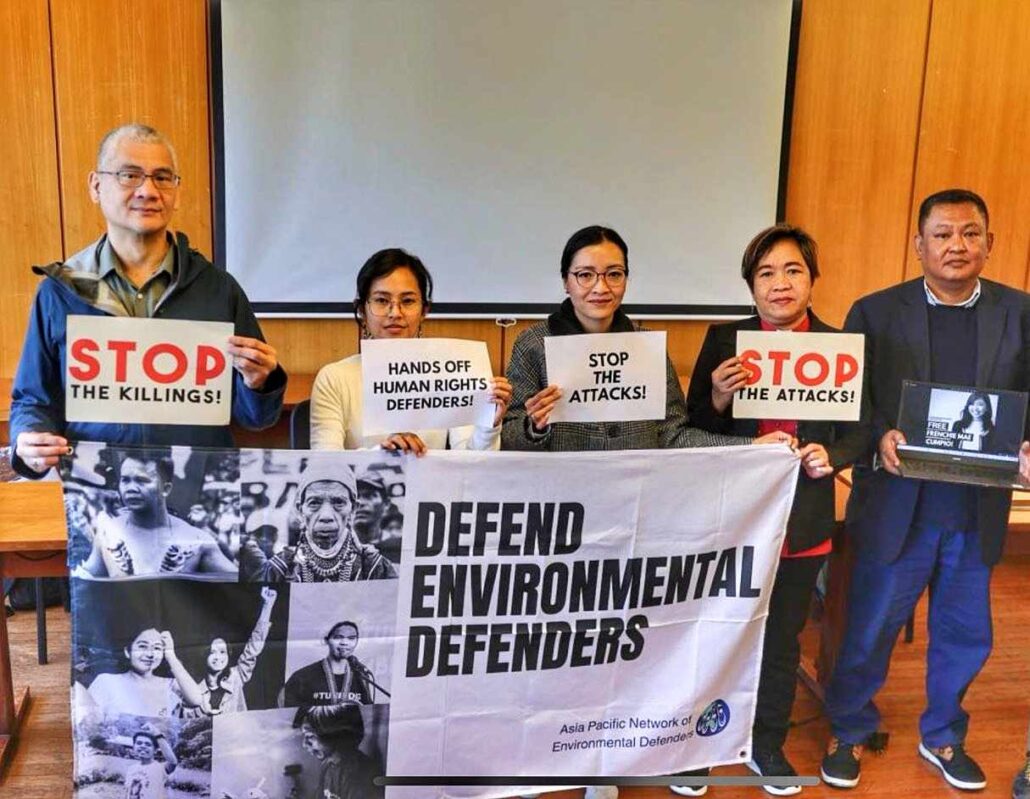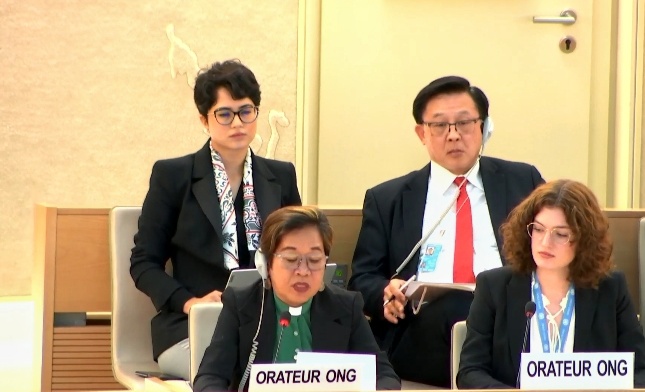Red fighters welcome 3rd rectification movement, CPP reports on NPA’s 55th anniversary
The New People’s Army (NPA) has “wholeheartedly welcomed” the third rectification movement recently launched by the Communist Party of the Philippines (CPP), the revolutionary Left reported.
In its traditional NPA founding anniversary statement published today, the CPP’s Central Committee said all of the guerrilla army’s regional commands have responded positively to the rectification movement launched last December 26 on the occasion of the Party’s own 55th founding anniversary.
“They have responded positively and are presently carrying out summing-up conferences and study meetings to identify the errors and shortcomings in order to rectify these, and steadily and comprehensively carry forward all revolutionary tasks,” the CPP said.
In a nearly eight thousand word statement entitled “Set to blaze the revolutionary armed struggle for national democracy! Carry out the critical and urgent tasks to rectify errors and advance the revolution!” the CPP said the NPA and all other revolutionary forces are in the process of identifying and getting rid of the ideological roots of “past errors, weaknesses and shortcomings.”
The Party said the NPA had been stalled by military conservatism in recent years resulting in fewer tactical offensives against Manila government’s armed forces.
The CPP also acknowledged the loss of veteran NPA commanders in the ongoing total war that started after former President Rodrigo Duterte terminated peace negotiations with the National Democratic Front of the Philippines, a strategy that is continuing under President Ferdinand Marcos Jr.
NPA defeat ’wishful thinking’
The underground Party said their third rectification movement is frustrating government plans to annihilate the NPA however, similar to how its Second Great Rectification Movement has salvaged their revolution from total self-destruction in the 1990s.
This report is in stark contrast to Marcos Jr.’s announcement last January that the NPA has suffered “strategic defeat,” citing Armed Forces of the Philippines (AFP) claims that there are no more active Red guerrilla fronts left in the country.
The CPP dismissed the new (AFP) deadline of June 2024 as the date for the destruction of all Red guerrilla fronts and the end of this year as the annihilation of the entire NPA.
Last Tuesday, March 26, Chinese outfit XinhuaNet reported national security adviser Eduardo Ano’s reiteration of AFP’s claim of the NPA’s strategic defeat and total annihilation by year-end.
On the same day, however, the NPA in Quezon province announced it ambushed a 30-man unit of the 85th Infantry Battalion of the Philippine Army in Barangay Doña Aurora, Calauag town.
Three government troopers were wounded in the attack, Apolonio Mendoza Command-NPA spokesperson Cleo del Mundo reported.
The Manila government has declared Quezon province as “insurgency-free” and was put under the so-called Stable Internal Peace and Security category only last June.
All NPA regional commands intact
In today’s statement, the CPP Central Committee said that all 14 NPA regional commands remain intact and is starting to arrest its reverses through intense ideological activities such as the study of Marxist, Leninist and Maoist writings as well as those of its founding chairperson Sison.
The CPP said the NPA is in the process of correcting its military conservatism and directed the guerrilla army to launch attacks to regain strengthen and defend the people from widespread human rights violations resulting from intense government military operations.
“In response, the enemy poured even greater amounts of funds and resources to its counterrevolutionary war and has further intensified its campaign of encirclement and suppression,” the CPP said.
“This has now taken the form of relentless and widespread campaigns of armed suppression against peasant communities, aerial bombing and artillery shelling and large-scale combat operations in scores of guerrilla fronts across the country.”
Acknowledged as the army engaged in the longest armed revolution in Asia, the NPA was founded on this day in 1969 in Barangay Sta. Rita in Capas, Tarlac, a few months after Sison and several others re-established the CPP in neighboring Pangasinan province a few months earlier in December 26, 1968. # (Raymund B. Villanueva)

